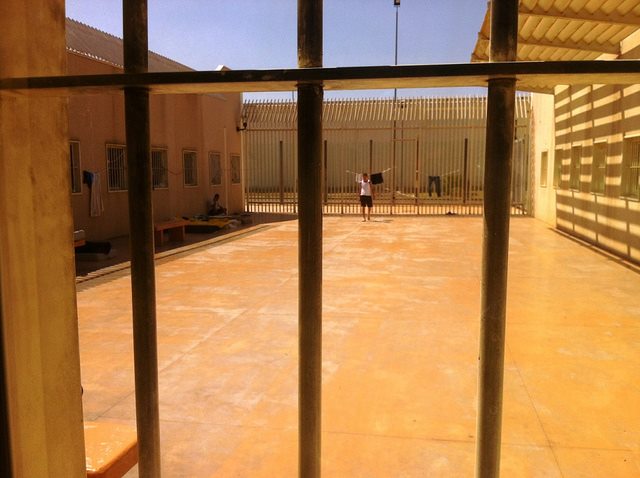ISCRIVITI - Ti informeremo sulla nostra azione di cura e testimonianza
Salvini bill not amendable: ideological, dangerous and of little intelligence
Rome, 28 September 2018 – Medici per i Diritti Umani (Medu) condemns the Salvini bill on security and immigration as a dangerous ideological measure, but above all of little intelligence as it will prevent migrants’ integration and decrease the overall public security.
There are many critical points in the bill, but we will highlight those most closely related to the humanitarian and medical mission of Medu. They are:
1) Restriction of the reception system. The asylum seekers will be excluded from the Sprar, the system dedicated to the reception of asylum seekers and refugees, which will be reserved only for beneficiaries of international protection and unaccompanied foreign minors. Thus the Sprar system, which has received international recognition for its best practices in migrants’ reception and integration, will be resized in favor of the alternative Cas system (emergency reception centres), characterized generally by inadequate services and murky management. In other words, what is working will be dismantled in favor of what is not. An additional aspect of extreme importance is the ordered exclusion from the Sprar system of all vulnerable categories of asylum seekers, such as those with mental health disorders and survivors of torture or trafficking. This news is particularly concerning, as the data collected by Medu through thousands of testimonies (given by migrants over the past four years, see webmap Esodi) shows that 90% of those who have arrived in Italy from North Africa have survived serious traumas in their countries of origin and along their migratory routes (in particular in Libya). The traumas include torture, forced labor and other serious forms of abuse. Denying Sprar reception to a large subset of migrants will thus hinder the early identification of many individuals with physical and psychological sequelae related to received torture, with perilous effects on their future rehabilitation. Such will be difficult to make up for outside of the Sprar centers and within the emergency centres, which will witness the negative consequences to come in terms of both individual and public health, as well as in regards to integration and national health expenditure.
2) Exclusion of the asylum seekers from the civil registry. Article 13 of the bill foresees that asylum seekers cannot be registered with the civil registry and therefore cannot obtain a legal residence. This is a further punitive provision towards asylum seekers which seems to have an underlying ideological claim that: since most asylum seekers are not “true” refugees they do not deserve rights.
3) Abrogation of the humanitarian protection. The protection status on humanitarian grounds will be canceled and replaced by residence permits related to “special cases” such as serious health conditions and natural disasters. Such a provision aims at eroding the rights of the most vulnerable part of our society, feeding social distress and irregularity, at a legal level.
4) Extension of the detention in the Centres of stay for repatriation (Cpr). The maximum duration of the detention of a foreigner in the Centres of stay for repatriation (former Cie -Centres for identification and expulsion) will be doubled from 90 days to 180. Yet, it has been proven that (see report Arcipelago Cie di Medici per i Diritti Umani, 2013) extending the duration of detention periods in Cie (which was extended up to 18 months from 2011 to 2014) does not bring to a relevant increase in the percentage of foreigners repatriated. As recognized, even by the Cie management, if the identification and repatriation of a foreigner does not occur within the first three months of detention it is much more unlikely to happen as time goes forward. Thus, this measure has been crafted with a punitive purpose, which is far different from the supposed administrative purpose of claimed for the detention of individuals within the Cpr system. Moreover, it has been proven that Cie (of which the Cpr is a mere continuation under a different name) do not ensure the respect of detainees’ dignity and fundamental rights.
Due to the grave distortions introduced to the national management of Italy’s complex migratory phenomenon, the Salvini bill does not appear to be amendable. It is for these reasons that Medici per i Diritti Umani calls on politicians and members of Parliament who are concerned about the civil progress of our country to help ensure that this bill on security and immigration will not be enacted into Italian Republic law.
Project: mobile clinic in rome, On-to

